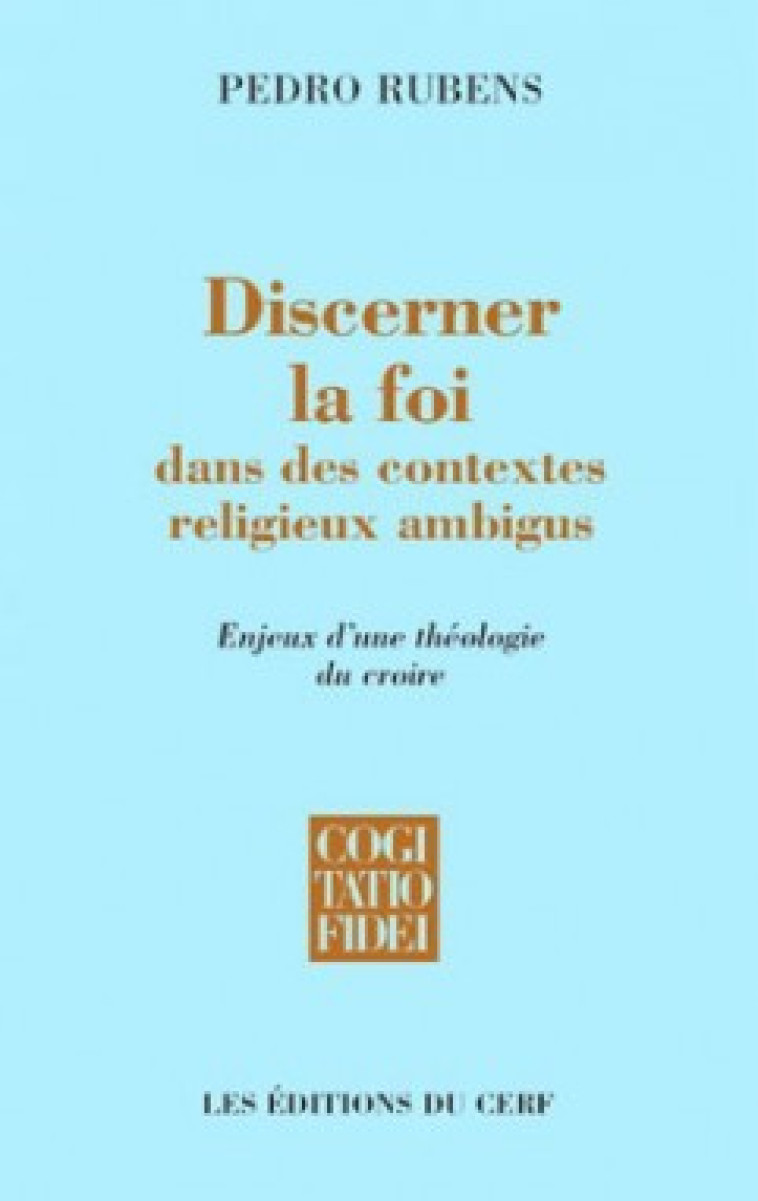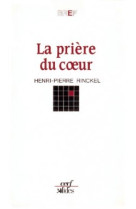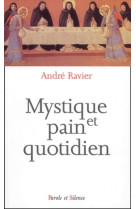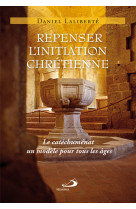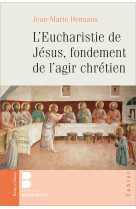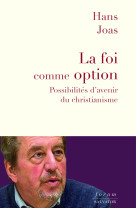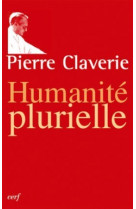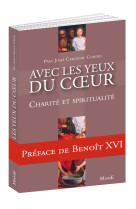--
The Christian faith finds itself in a paradoxical situation: although often occulted or disparaged in contemporary society, it does, however, constitute part of the revival of religiousness in all its forms. The ‘dogmas' of modernity and the ‘death of religion' must be made the object of theological perception. This book is a call to resume the journey, and an incentive to travel that takes for its point of departure a socio-historical analysis of three post-conciliary Brazilian experiments: the basic communities, the Charismatic Revival and neo-Pentecostalism. The theological discernment that is proffered here is spread over three axes: the hermeneutic" axis (because it is a question of interpreting the Revelation and the faith), the "epistemological" axis (for elaborating the criteria to discern these diverse experiences), and lastly the "apologetic" axis (the aim being a self-understanding of Christianity in its relation to others). This procedure is then compared with Paul Tillich's, the only theologian of the 20th century to have attributed so much importance to things religious and to have made the effort to consider faith in its struggle with the ambiguity of existence."

